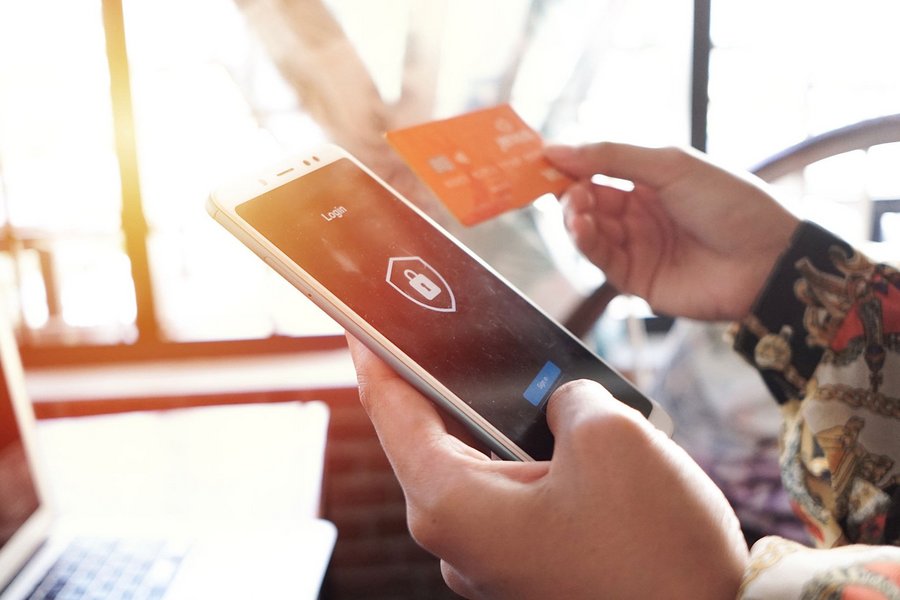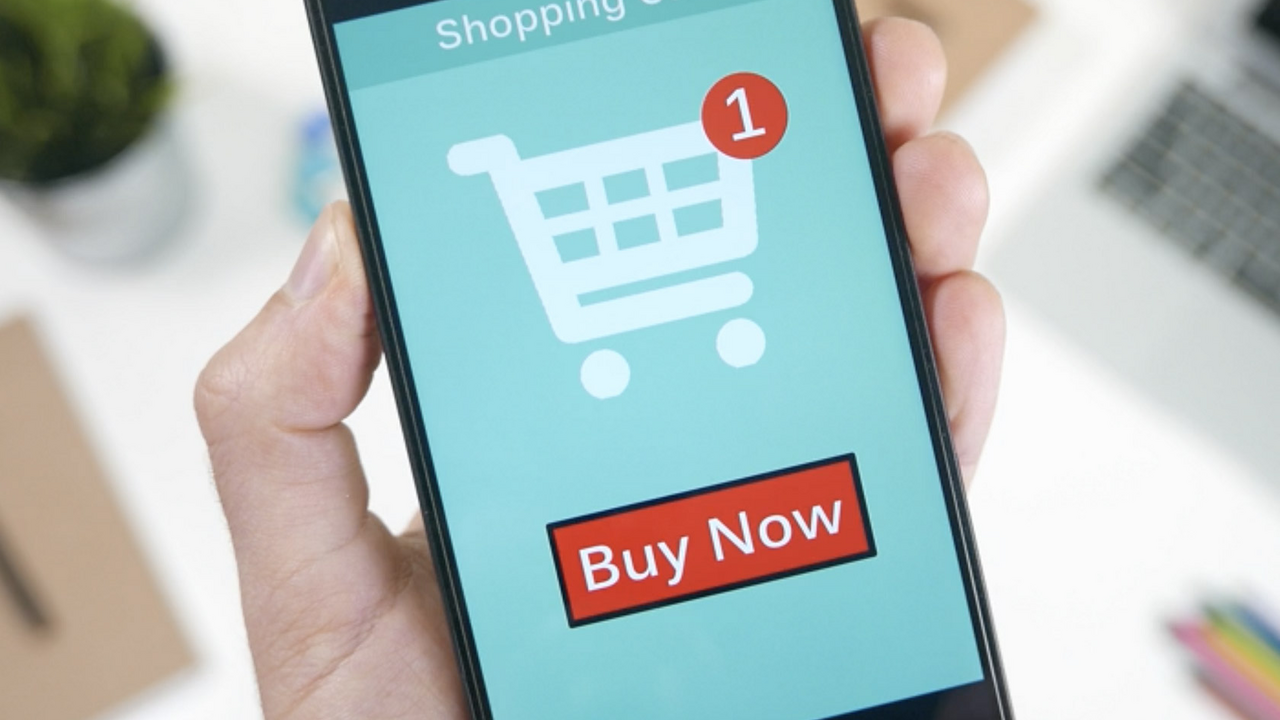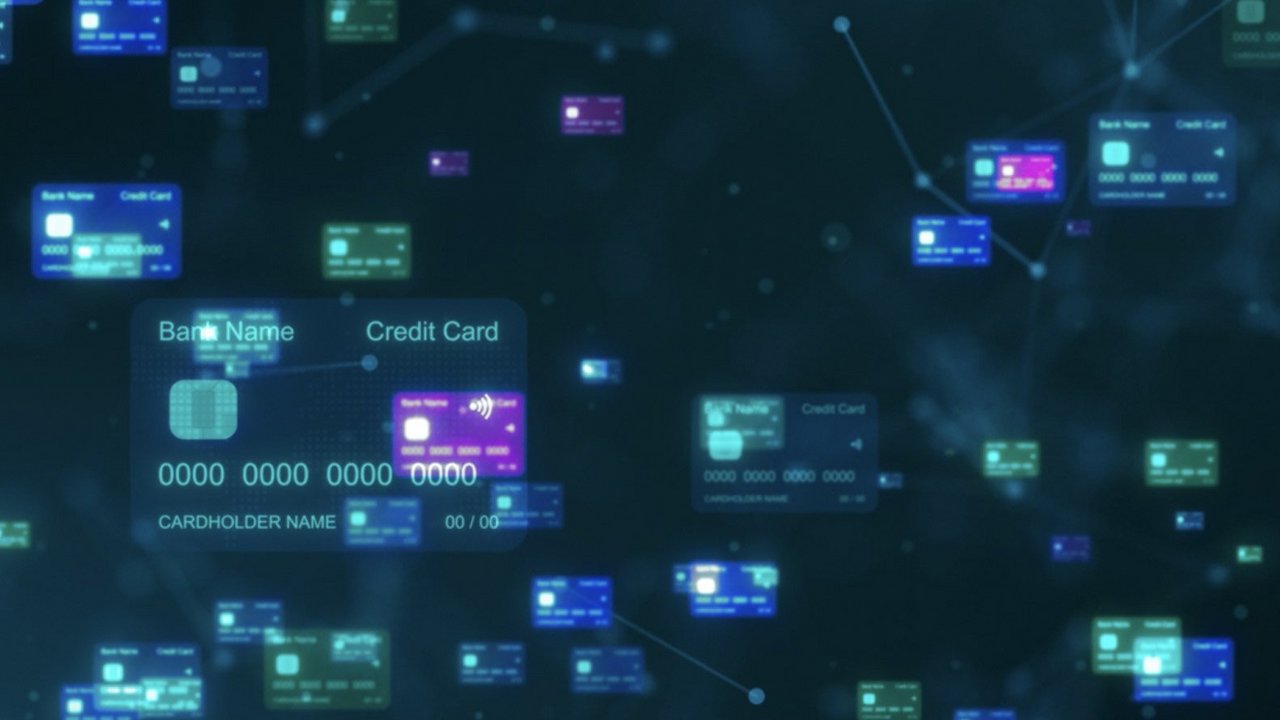
G+D Spotlight Podcast: tokenization in payments
Today's consumers have more ways to pay than ever before - but for merchants, variety means complexity. Is tokenization the answer?
Tokenization increases accessibility, liquidity and transparency, reducing the cost of transactions and increasing the potential volume of trade.

Today's consumers have more ways to pay than ever before - but for merchants, variety means complexity. Is tokenization the answer?

Can digital wallets prosper while personal checks still survive? The complex, mature US payments market is proof they can.

From banks to businesses, a broad set of stakeholders needs to join forces to drive the success of central bank digital currency.

Outdated notions of India’s payment landscape require refreshing. It is embracing a digital future, led by UPI apps and payment cards.

What issues can self-sovereign identities (SSI) actually solve in digital identity management? We guide you through the jargon in 11 easy steps.

The IoT’s explosive growth is matched by the discourse around payments there. Can CBDCs be the solution to enable smooth payments in the IoT space?

With central bank digital currencies, programmable payments could become a key capability of digital wallets. We explore the use cases driving adoption.

For consumers, online payment is not just a transaction but an experience. One-click checkout can make that experience intuitive, streamlined, and secure.

How can card issuers enable customers to view and manage all the digital payment credentials they store across different merchants, e-wallets, and devices?